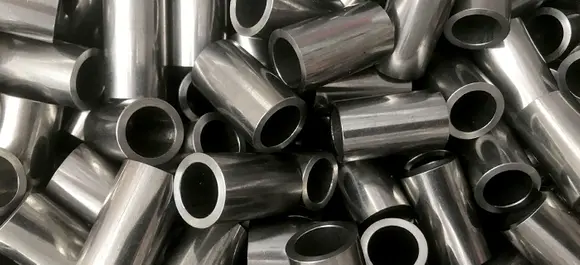Mobile:+86-311-808-126-83
Email:info@ydcastings.com
Top Aluminium Die Casting Manufacturers Known for Quality and Precision in Precision Engineering Solutions
The Evolution and Importance of Aluminium Die Casting Manufacturers
Aluminium die casting has emerged as a crucial manufacturing process for numerous industries, offering a perfect blend of versatility, durability, and cost-effectiveness. As the global demand for lightweight yet strong components increases, the role of aluminium die casting manufacturers has become increasingly significant. This article explores the importance of these manufacturers, the die casting process, and the various applications of aluminium products.
Understanding Aluminium Die Casting
Aluminium die casting is a process that involves forcing molten aluminium into metal molds or dies under high pressure. This method facilitates the production of complex shapes with excellent dimensional accuracy. The process is known for its ability to create components with thin walls and intricate designs, which are often unattainable through other manufacturing techniques. The primary advantages of aluminium die casting include enhanced production speed, improved surface finish, and the capacity for high-volume production runs.
Key Players in the Industry
The aluminium die casting industry is populated by a variety of manufacturers, ranging from small-scale operations to large multinational corporations. Key players in this sector often specialize in specific sub-sectors, such as automotive, aerospace, electronics, or consumer goods. These manufacturers invest significantly in research and development, ensuring that their production techniques remain at the forefront of technological advancement. Continuous innovation enables them to improve the quality of their products, reduce waste, and decrease production costs.
With globalization, many manufacturers have also expanded their reach beyond their domestic markets, establishing production facilities in developing countries to leverage lower labor costs. This shift not only benefits manufacturers but also opens up new markets for aluminium die casting products internationally.
The Benefits of Aluminium in Die Casting
aluminium die casting manufacturers

Aluminium is a material of choice for die casting due to its lightweight nature, corrosion resistance, and excellent thermal conductivity. The strength-to-weight ratio of aluminium is particularly advantageous in industries where reducing weight is a priority, such as automotive and aerospace. By using aluminium die casting parts, manufacturers can achieve fuel efficiency and enhance performance while maintaining structural integrity.
Additionally, aluminium is recyclable, which aligns with the growing emphasis on sustainability in manufacturing
. The ability to recycle aluminium components significantly lowers the environmental impact of production, making aluminium die casting a favorable option for eco-conscious companies.Applications Across Industries
Aluminium die casting finds applications in various sectors, showcasing the material's versatility. In the automotive industry, components such as engine blocks, transmission cases, and housings are produced using aluminium die casting, contributing to lighter and more fuel-efficient vehicles. The aerospace sector benefits from aluminium parts due to their strength and light weight, which are critical in flight performance.
Moreover, the electronics industry utilizes aluminium die casting for casings and enclosures for devices, as the material not only provides protection but also aids in heat dissipation. In consumer goods, products ranging from kitchen appliances to hand tools often feature aluminium die-cast components, reflecting the material's adaptability and durability.
Conclusion
As technology continues to advance, the role of aluminium die casting manufacturers is expected to grow. Their ability to innovate and respond to the needs of various industries makes them indispensable in manufacturing lightweight, durable, and cost-effective components. The shift towards sustainable practices further emphasizes the importance of aluminium die casting in the global market. In an ever-evolving industrial landscape, these manufacturers are not just suppliers; they are key contributors to the future of manufacturing, driving efficiency, sustainability, and innovation forward.
-
Understanding Metal Casting TechniquesNewsApr.02,2025
-
Understanding Exhaust Manifolds for Enhanced Engine PerformanceNewsApr.02,2025
-
The World of Metal FabricationNewsApr.02,2025
-
Key Components for Pump and Turbo EfficiencyNewsApr.02,2025
-
Essential Tools for Automotive Maintenance and RepairNewsApr.02,2025
-
Durable Valve Components for Effective Water ManagementNewsApr.02,2025











